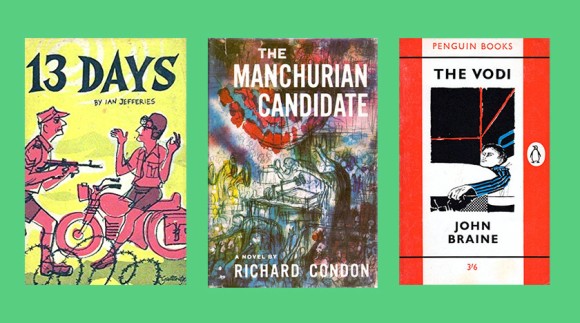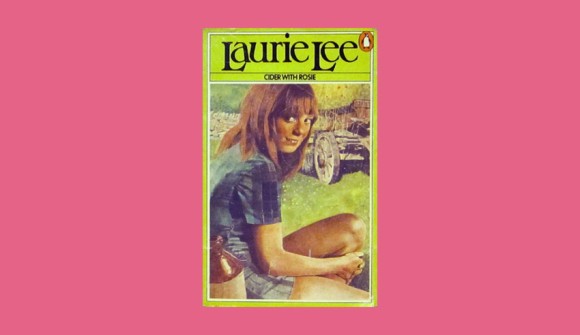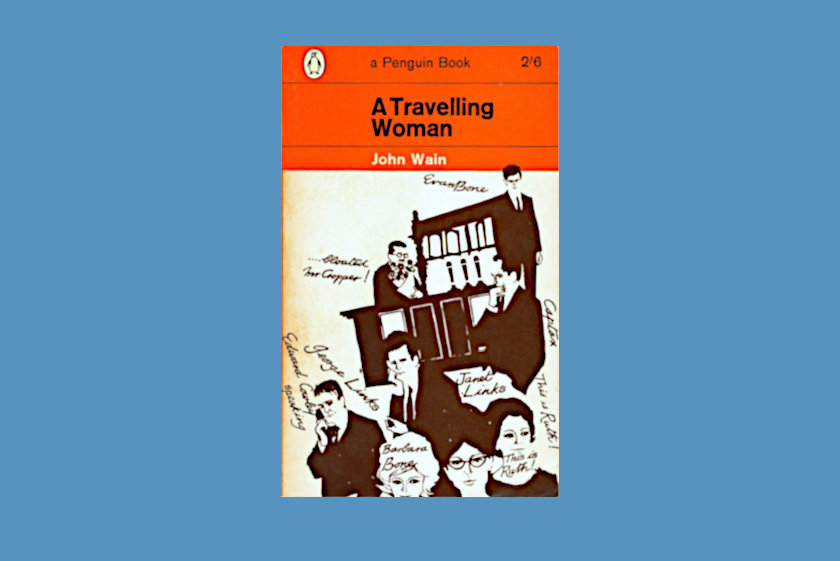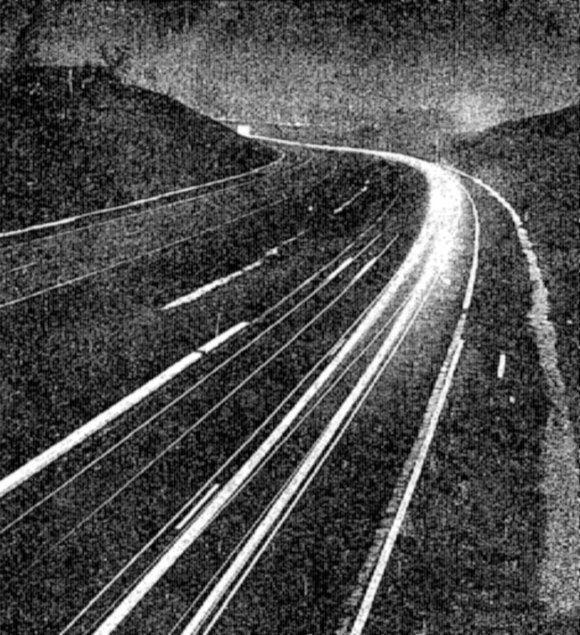
The final book for this year’s reading project is a suitably dense full stop of a novel that forced me to attempt a revival of long-dormant skills of critical interpretation.
Günter Grass’s magic-realist historical epic was published in German in 1959 and in English in 1961. Grass, born in 1927, served in the Waffen-SS as a conscripted child soldier at the end of World War II. He won the Nobel Prize for Literature in 1999.
A very brief summary: Oskar Matzerath is born in Danzig, a city both German and Polish, in 1921; at the age of three, he decides to stop growing, and so remains a child throughout the rise of Nazism; he expresses himself through compulsive drumming and, every now and then, by smashing glass with his scream. Oskar’s family evolves, dissolves and reconstitutes as he falls into the orbit of one character after another, from Bebra the Nazi propaganda dwarf to the bedridden jazz musician Klepp. The war ends, Danzig becomes Gdansk, Oskar decides to give up his drum and grow, at last, before washing up in Düsseldorf and, finally, a madhouse.
You could, I suppose, take it at face value as a macabre fantasy story about a man-child with supernatural powers. As a Stephen King novel with extra eels, however, it’s a failure, being episodic, rambling and bewildering for long stretches.
No, it’s obviously about Germany and the madness of the 20th century. The reader’s job is to unpick more specific meaning from the rock-slide of imagery and symbolism.
Let’s start with the easy stuff, then: Oskar, who cannot say for sure whether his father is the German Matzerath or the Pole Bronski, represents Danzig-Gdansk, or Prussia more generally. Both he and the city exist in a state of permanent, unsustainable tension.
What about the horse’s skull crawling with eels the sight of which makes Oskar’s mother vomit before driving her to commit slow suicide by gorging on fish? This feels like a pivotal moment and suggests war, holocaust and the destabilisation of Europe through its infestation by nationalism. But it’s also about the human body – we all rot, we’re all meat and slime and bone.
The erotics of disgust are a constant theme throughout the book. Bullying children make Oskar eat a ‘stew’ of bodily fluids; the smell beneath his grandmother’s skirts reminds him of mushrooms; his first lover eats a particularly stomach-churning mixture of Oskar’s spit and sweet ‘fizz powder’; he fondles the beautiful scars that cover the back of a pugnacious acquaintance; another lover wallows, unwashed, in a filthy bed; Oskar pickles the severed finger of an almost-lover retrieved by a rented dog from a field of tall grass; and so on.
Oskar, the deformed, malevolent pervert, stands for Germany, a deformed, perverted nation.
It’s hard not to see Oskar’s reluctant decision to abandon his drum and start the agonising business of accelerated growth after the war as a reference to West Germany’s apparent overnight conversion into a modern, prosperous nation. Oskar almost seems to become respectable, self-sufficient and productive but the veneer is thin: at night, he’s still capable of crawling naked into a hallway and writhing on the coconut matting in a kind of sexual fit.
I’m going to be thinking about this book for a long time, I suspect, and dipping back in to enjoy, if that’s the right word, specific episodes.
The account of a post-war Düsseldorf nightclub where people peel overpriced onions and join in bouts of collective crying, for example, or Oskar’s tour of the concrete fortresses along the Normandy coast as part of a wartime cabaret troupe, both work as unsettling short stories.
What does it tell us about 1959? Nothing new, perhaps, but it underlines the dominance at this precise moment of the twin topics of sex and war. If processing the war was difficult for American and British writers, it was altogether more intense for Germans, forced to contend with guilt, the redrawing of borders and the snapping from existence of entire cities.








